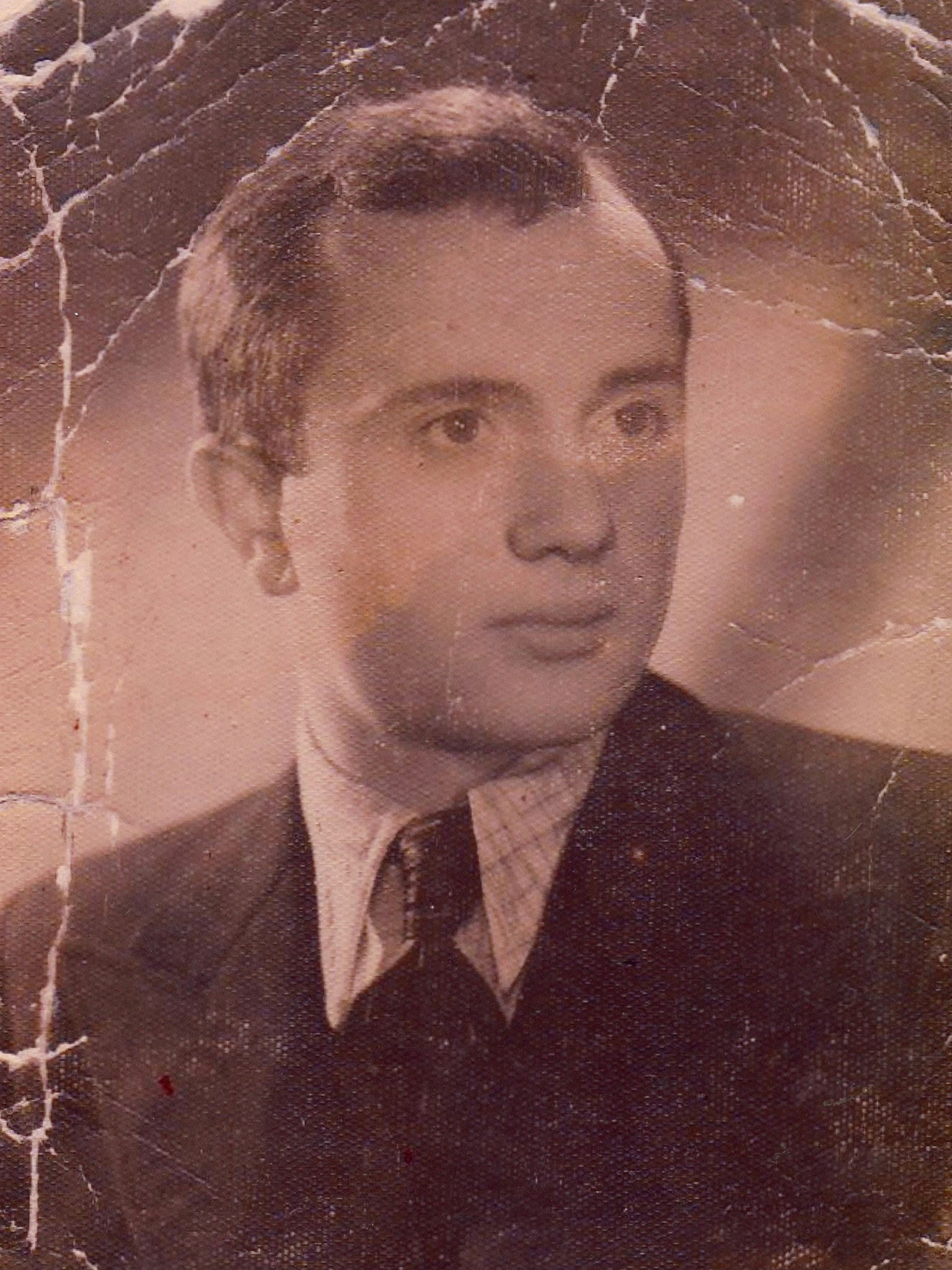
Boruch Spiegel, who died on 9 May at the age of 93, was one of the last remaining survivors of the 1943 Warsaw ghetto uprising by poorly armed Jewish insurgents against the Nazis. With Spiegel’s death, the group of survivors of the revolt that was crushed 70 years ago grows smaller.
Spiegel was one of about 750 Jewish fighters who on 19 April 1943 launched an uprising that took the Germans off guard. The fighters were overwhelmingly outnumbered and outgunned and the revolt never had a real chance of victory, but the fighters held out for a month. Their struggle endures as a symbol of resistance against the odds and a desire to maintain human dignity in the worst of possible conditions.
The German revenge was brutal and involved burning the ghetto down building by building. A few dozen of the Jewish fighters survived by escaping through underground sewage canals to reach the so-called “Aryan side” of the Polish capital. Spiegel and his future wife Chaika Belchatowska were among them. Others were sent to camps, where most died.
After surviving the uprising, Spiegel and his future wife joined the Polish partisans and also took part in the 1944 Warsaw Uprising, a larger city-wide revolt against the occupying Germans. “He was essentially an ordinary guy forced by circumstances to do things that were out of character,” his son Julius Spiegel said.
It’s not clear how many of the fighters are still living, but the number is certainly small. When Poland held national ceremonies last month marking the 70th anniversary of the start of the ghetto uprising, officials in Warsaw said they believed there could be four survivors left. Only one, Simha Rotem, was known to be present at the ceremony, giving a speech and accepting a state honour from the Polish president.
However, Havi Dreifuss, a historian and Holocaust expert with Tel Aviv University and Yad Vashem, the Jerusalem-based Holocaust research institution and museum, warned against trying to put a number on how many fighters remain, in part because it is sometimes hard to distinguish fighters from other resisters. Aside from those with weapons, there were others in hiding places who refused to obey Nazi orders to show up for transportations to forced-labour or concentration camps. Dreifuss said that an appreciation has grown over time for their resistance during the uprising
Spiegel is survived by his son Julius, a retired parks commissioner for Brooklyn, one daughter and four grandchildren. His wife died in 2002. Spiegel died in Montreal, where he had spent the past four years in a nursing home.
Subscribe to Independent Premium to bookmark this article
Want to bookmark your favourite articles and stories to read or reference later? Start your Independent Premium subscription today.

Join our commenting forum
Join thought-provoking conversations, follow other Independent readers and see their replies